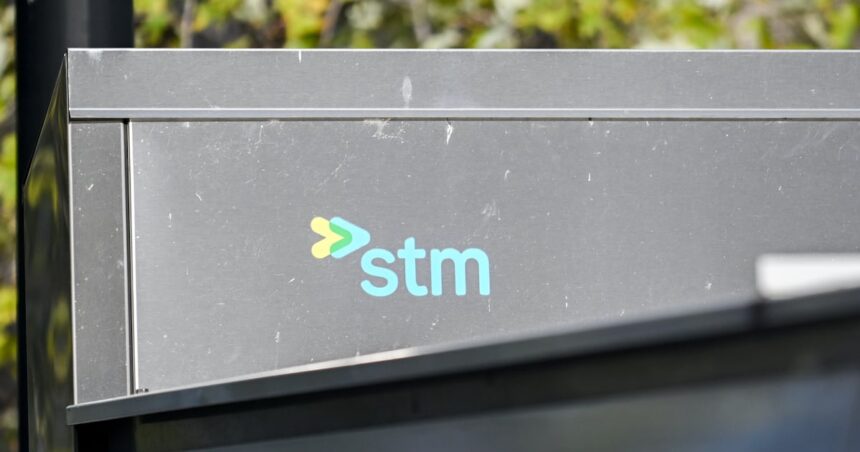In a decisive show of solidarity, Montreal’s public transit employees have voted overwhelmingly in favor of a strike mandate, with 87% supporting potential work disruptions if ongoing contract negotiations fail to progress. The development sends a clear message to Société de transport de Montréal (STM) management as tensions escalate in this months-long labor dispute.
As someone who navigates our city daily, both professionally and personally, I’ve witnessed firsthand how essential our metro and bus services are to Montreal’s beating heart. This potential work stoppage could affect nearly half a million daily commuters who rely on the network.
“We don’t take the prospect of service disruptions lightly,” said union representative Marc-André Beauchemin in a statement yesterday. “This vote demonstrates the seriousness of our concerns about working conditions and our commitment to securing a fair agreement.”
The union, representing nearly 5,000 transit workers including drivers, maintenance staff, and station agents, has been without a contract since January. Key sticking points include scheduling flexibility, wage increases that keep pace with inflation, and improved safety measures—issues that have become increasingly urgent in our post-pandemic reality.
STM management responded with a statement emphasizing their commitment to negotiations: “We remain dedicated to finding solutions that balance the needs of our employees with our financial reality and our responsibility to provide reliable service to Montrealers.”
The timing couldn’t be more challenging for our city. With fall season ramping up, schools back in session, and tourism still strong, a transit disruption would create significant ripple effects throughout the metropolitan economy.
According to data from the Chamber of Commerce of Metropolitan Montreal, public transit disruptions could cost the local economy up to $11 million per day, with smaller businesses in metro-adjacent neighborhoods particularly vulnerable.
“This isn’t just about transit workers and management,” notes economic analyst Sophie Trudeau from Concordia University. “When our transit system falters, it affects everyone from restaurant workers to university students to healthcare professionals trying to reach their workplaces.”
Walking through Berri-UQAM station yesterday afternoon, I spoke with several commuters about the potential strike. The sentiment was mixed but understanding.
“Of course it would be inconvenient,” said Marie-Claude Dufour, a teacher who commutes daily from Laval. “But workers deserve fair treatment. I hope they find a resolution quickly.”
The STM has faced significant challenges in recent years. Ridership has recovered to approximately 80% of pre-pandemic levels, but operating costs have increased substantially. Provincial funding has not kept pace with these financial pressures, creating a challenging environment for both management and labor.
Mayor Valérie Plante urged both sides to continue negotiations in good faith. “Our public transit system is essential infrastructure. We need a resolution that ensures fair treatment of workers while maintaining this critical service for Montrealers.”
The strike mandate doesn’t necessarily mean service disruptions are imminent. Under Quebec labor law, essential service levels must be maintained even during strike actions. Additionally, the union must give 72 hours’ notice before initiating any work stoppage.
Union leadership has indicated they would prioritize minimizing impact on commuters, potentially implementing strategic work-to-rule actions before full service disruptions.
“The goal isn’t to punish riders,” explained Beauchemin. “It’s to bring management back to the table with serious offers.”
For now, Montrealers should stay informed through official STM channels about potential service changes. The provincial labor ministry has assigned a mediator to help bridge differences between the parties.
As negotiations continue, I’ll be following developments closely—both as a journalist and as a Montrealer who understands just how vital our métro and bus network is to the city’s functionality and character. This strike vote represents more than a labor dispute; it







